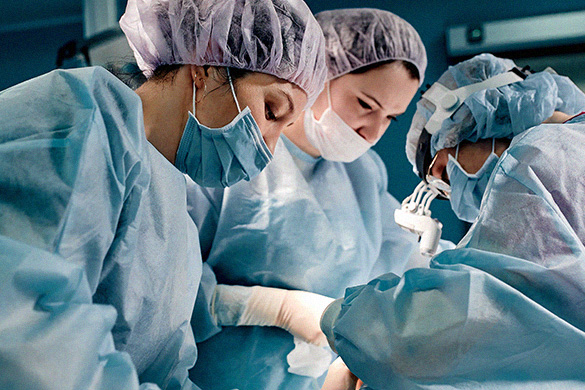Not all birth defects are noticeable, but cleft palate and cleft lip can be very obvious, affecting the look, feel and function of a child’s mouth and speech. It is possible for a child to develop cleft lip or cleft palate in utero, but in the event that a baby is born with both, the condition is then referred to as orofacial clefts.
A cleft palate occurs when the roof of the mouth does not connect completely, leaving the palate separated. In some cases, both the front and back of the palate remain open. A cleft lip occurs when the tissue does not join fully. It leaves an opening in the upper lip that can present itself as a small slit or a complete opening that travels up to the nose. This kind of defect can affect one side or the other, including the middle of the lip as well. Both cleft palate and cleft lip can impair a child’s ability to speak, chew food, or even hear (the child will be more susceptible to ear infections).
Call (713) 909-7910 today for your free case review.
Medication During Pregnancy as a Cause
Like other birth defects, it has been suggested that cleft palate and cleft lip may be linked to the mother’s use of certain medications during pregnancy, including various selective serotonin reuptake inhibitors (SSRIs) and anticonvulsants.
The medications that may possibly be linked to cleft palate or cleft lip include:
- Zoloft
- Prozac
- Topamax
- Zofran
- Symbyax
Is Surgery Necessary?
In most cases, especially severe cases of cleft palate or cleft lip, surgery is required to repair the structures. This will restore the physical appearance of the lip or palate, but it is very likely that the child will need additional procedures in the future to help fix issues with their teeth and speech. The need for surgery is often determined by the severity of the cleft, the presence of any other birth defects, and the age and needs of the child.
How Common is Cleft Palate / Cleft Lip?
The Centers for Disease Control and Prevention estimates that roughly 2,650 babies are born with cleft palate and about 4,440 babies are born with cleft lip each year in the United States. Often times, babies are born with isolated orofacial clefts, meaning that there no other birth defects present.
If you took an SSRI, antidepressant, or anticonvulsant while pregnant and your baby was born with cleft lip or cleft palate, call Bailey Cowan Heckaman PLLC today to discuss your legal options.
Call us now at (713) 909-7910 to discuss your case.

